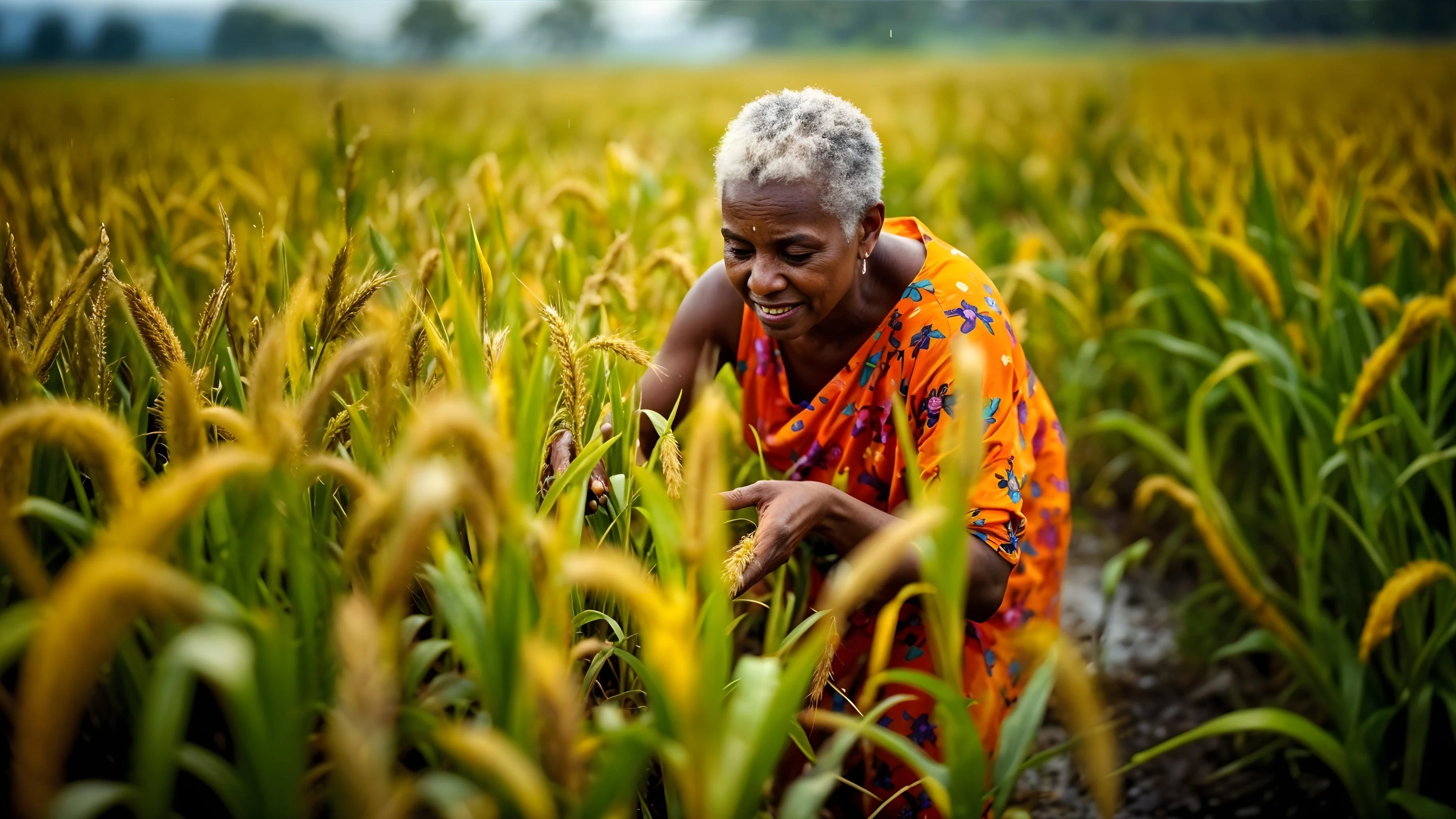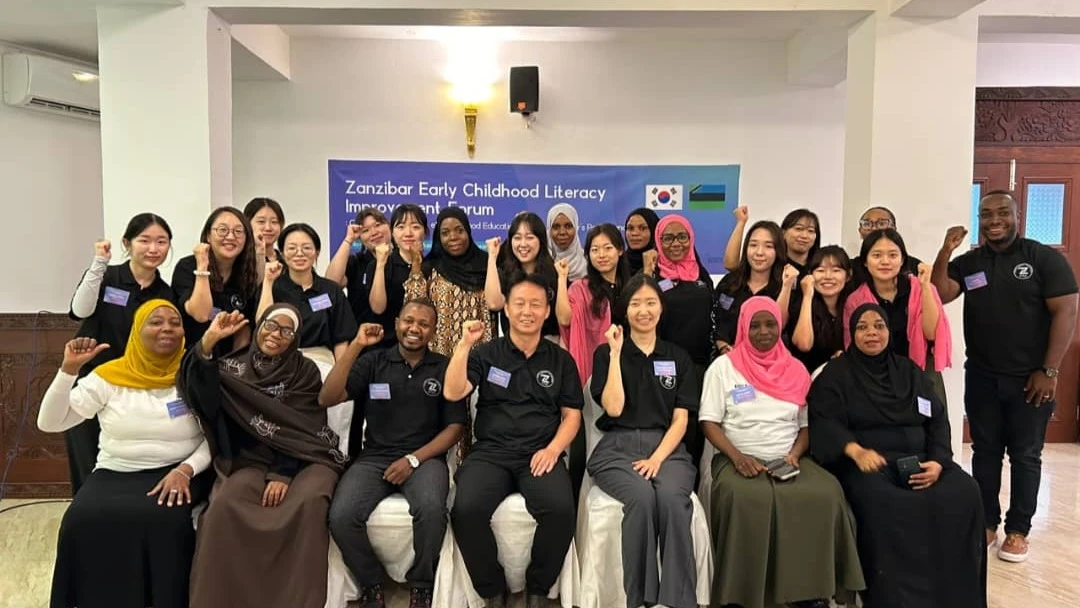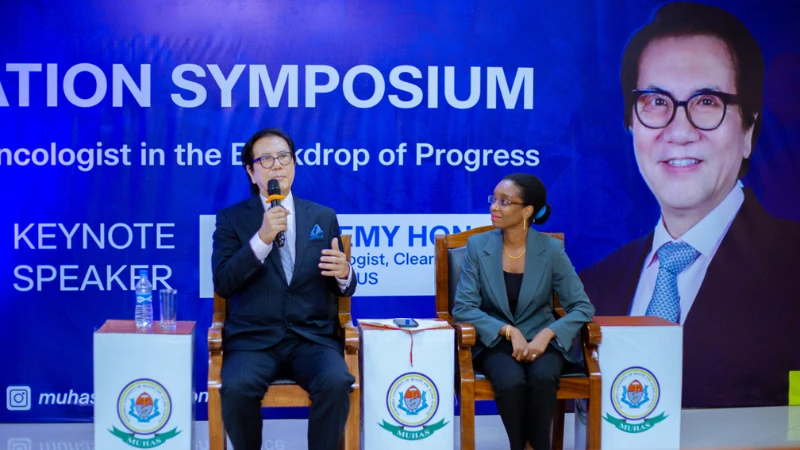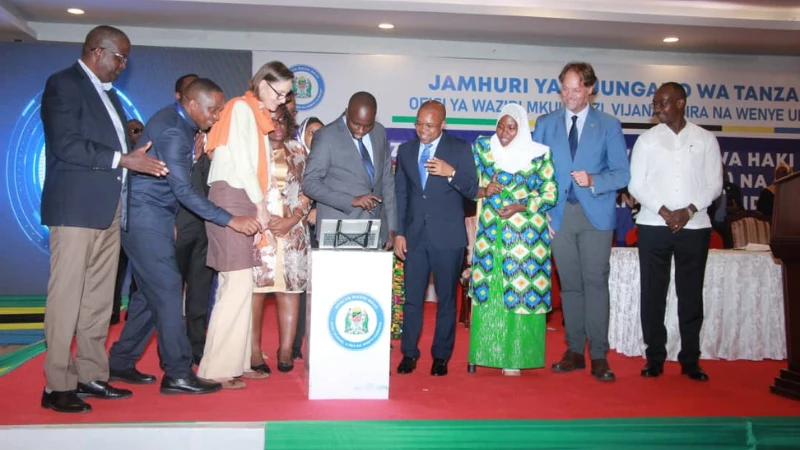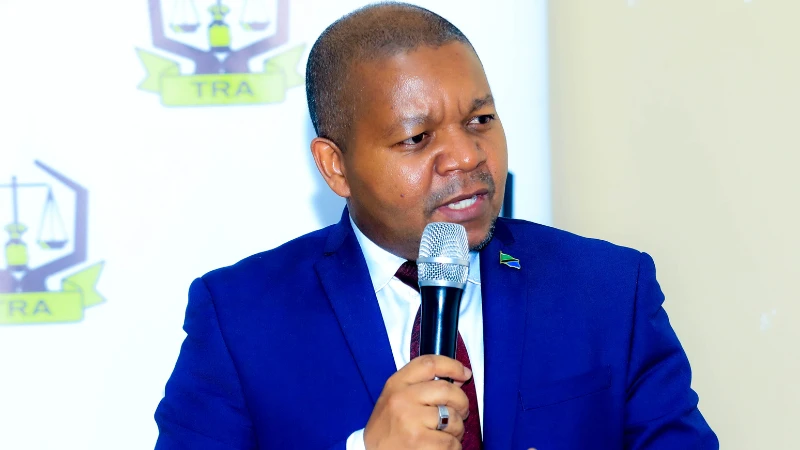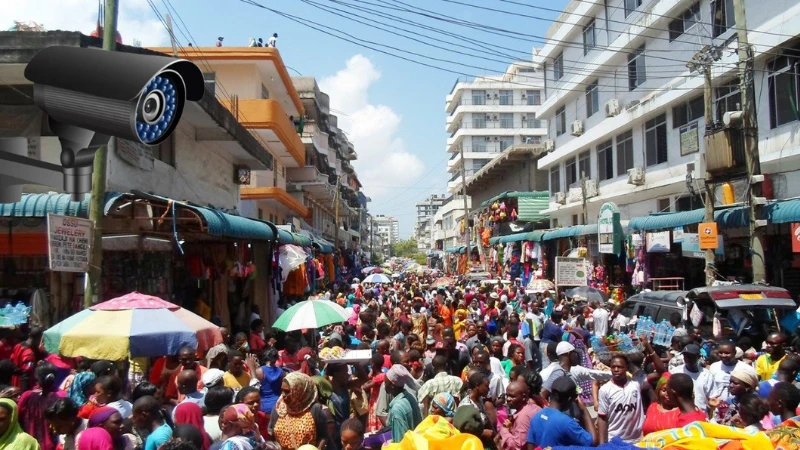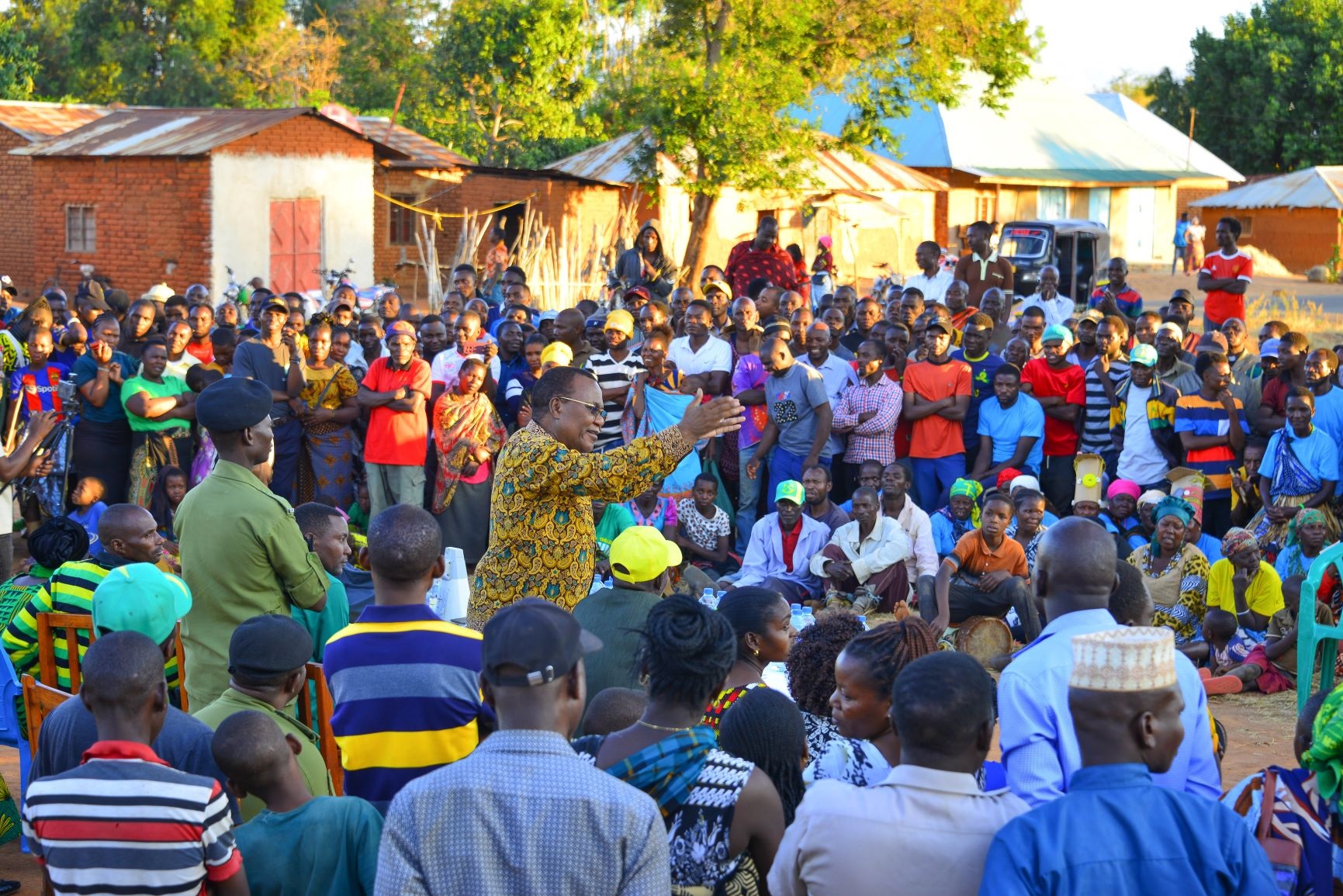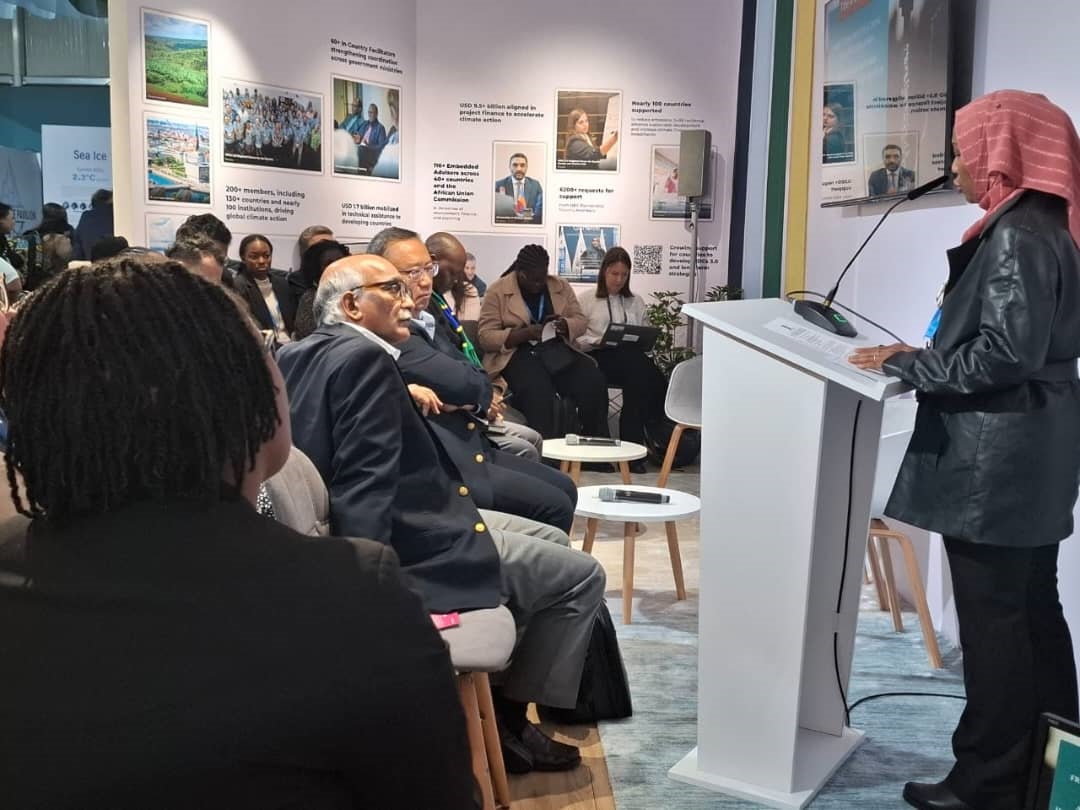DPM unveils action plan for inclusion of disability
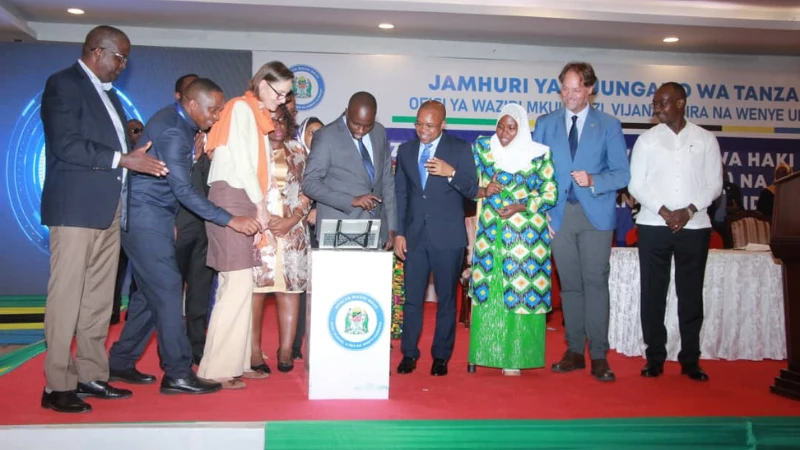
THE government has launched a national action plan for the rights and welfare of people with albinism and the national assistive technology strategy for persons with disability.
Deputy Prime Minister Dr Doto Biteko unveiled these initiatives during an event to mark the International Day of Persons with Disabilities in Dar es Salaam yesterday, noting that the measures are aimed at improving the rights and welfare of the specific groups.
He emphasised the government’s commitment to fostering an inclusive society, where people with disabilities, including those with albinism, have equal opportunities to thrive.
“These strategies represent our promise to break down barriers, create opportunities and ensure every Tanzanian, regardless of ability, can live a life of dignity and contribute meaningfully to society,” he declared.
The national action plan focuses on improving the lives of people with albinism by addressing their unique challenges such as discrimination, violence and limited access to healthcare, he said.
Stressing the importance of ensuring their safety, health, education and participation in social and economic activities, he pointed at the need for strategies to combat the high rates of skin cancer among people with albinism due to their sensitivity to sunlight.
Alternatively, the national assistive technology strategy is meant to improve access to essential tools for people with disabilities, including devices that support mobility, communication and education, he stated.
The government is working with various stakeholders to provide these technologies, often unaffordable for many even without being disabled, where assistive technology enhances the independence and productivity of persons with disabilities, he said.
This allows them to participate more fully in society, he said, urging members of the public to support the inclusion of persons with albinism and disabilities in every aspect of society.
“Inclusion is not just about policies—it’s about building a society where everyone is valued and empowered to fulfil their potential” he explained, appealing to the public to ensure that no one is left behind.
Mark Schreiner, the United Nations Population Fund (UNFPA) country representative, underscored the importance of data in driving disability-inclusive development.
“When we prioritize disability-disaggregated data, we demonstrate our commitment to recognizing persons with disabilities as equal partners in building a sustainable, inclusive future,” he declared.
Elke Wisch, the country representative for the United Nations Children’s Fund (UNICEF) said that assistive technology bridges the gap between isolation and inclusion.
“It allows a child who is deaf to communicate with peers, a child with mobility challenges to navigate their school, and a child with learning disabilities to engage with educational content. These tools are not just devices—they are pathways to opportunity and inclusion.”
Josephine Munganga, a disability rights advocate, expressed personal significance of the event, reflecting on years of advocacy, in underlining that the launch of the strategies is a beacon of hope.
“It tells us our voices are being heard, and that change is not just a promise—it’s a reality we can now touch. As persons with disabilities, we have so much to offer. Inclusion isn’t charity; it’s justice,” she passionately asserted.
The government says that Tanzania’s progress in disability inclusion is evident in integrating disability-inclusive metrics into the 2022 Population and Housing Census.
‘This ensures that persons with disabilities are counted and their needs addressed in national policies,” affirmed Ridhiwani Kikwete, the Youth, Labour and People with Disabilities state minister in the Prime Minister’s Office (PMO).
This highlighted the importance of integrating people with albinism into society, he said, insisting that people with albinism are an integral part of the community. “Their participation in social and economic activities is a key driver of national development. They deserve equal access to education, healthcare, employment, and other opportunities.”
Urging the community to actively combat stigma and discrimination against people with albinism, he asked the public to support their inclusion in all sectors of society.
The government is committed to ensuring that people with albinism are not left behind in economic and social activities, he told the gathering.
Top Headlines
© 2024 IPPMEDIA.COM. ALL RIGHTS RESERVED









